Iran-Russia-China naval alliance boosts maritime security, fortifies new world order
By Shabbir Rizvi
Last week Iran, Russia, and China kicked off their annual naval drills in the northern Indian Sea, specifically the Gulf of Oman, to ensure maritime security and combat piracy - the theme of the joint operation being "Creating Peace and Security Together.”
The drills continued for four days and the three regional stalwarts and all-weather-allies executed a variety of different combat scenarios - testing new weaponry, vehicles, and other technology in a coordinated fashion.
Scenarios included daytime and nighttime artillery strikes, aerial drone exercises, sea-to-air and sea-to-land combat scenarios, rescue missions, and vessel acquisitions.
The joint naval exercises also did not pull any of their punches - all three countries deployed some of their most sophisticated vessels and weapons.
Near Iran’s strategic Chabahar Port, one could see the Russian guided missile cruiser “Varyag” and the frigate “Marshal Shaposhnikov,” China’s Peoples’ Liberation Army’s guided-missile equipped destroyer “Urumqi” and frigate “Linyi,” as well as an assortment of Islamic Revolution Guards Corps (IRGC) and Army’s vessels and helicopters, including the recently debuted Abu Mahdi al-Muhandis warship.
Together, over 20 ships simulated multiple combat scenarios throughout the week, as the sound of heavy machine gun cannons on helicopters and artillery shells hitting land targets filled the air.
Since 2019, these three countries have been frequently conducting naval drills to establish a “security belt” within the region. The northern part of the Indian Ocean - specifically the Gulf of Oman, the Arabian Sea, and the Strait of Hormuz - represents a strategic transport corridor of goods that the entire world relies on - the most important being oil.
Hundreds of millions of dollars worth of exports navigate through these waterways daily and any degree of instability within these transport corridors would directly impact the global economy.
Pertinently, the region has seen its share of piracy, often sanctioned by or conducted directly by the United States and its not-so-shadowy allies. Further, the US’ aggressive and reckless conduct often attempts to challenge the territorial integrity of countries such as Iran, which has a legitimate claim to significant portions of the Strait of Hormuz and the Persian Gulf.
Leaving the security of the region to such malign foreign interference is akin to handing over control of the world’s most precious resources to an unpredictable and decaying imperialist power.
Thus, the security belt between a rising regional power such as Iran and established superpowers such as China and Russia - is a look into the future of international security.
These naval drills are not a show of force or muscle-flexing, as often (for example) NATO-led drills are - which are always offensive and hostile in nature.
The Iran-Russia-China naval alliance’s drills present a promise of a rapidly expanding multipolar world order where respect for sovereignty and win-win scenarios become the norm, defense is guaranteed through diplomatic and military solutions, and unipolar-led order where only the wealthy imperialist ruling class of the United States benefit is firmly rejected.
Speaking to reporters, Iranian top naval commander Shahram Irani says “The North of the Indian Ocean hosts three strategic straits: Hormuz, Bab Al-Mandab, and Malacca, together forming the triangle of global trade… Therefore the security of this region is of paramount importance for the whole world.”
This could not be truer. US warships litter the region around the Indian Ocean and have engaged in hostile acts on behalf of the Zionist regime, which they politically protect and militarily arm as the Gaza genocide rages on, killing more than 31,700 people already.
Since November of last year, Yemeni military operations began to target Zionist-linked ships in response to the Gaza genocide, effectively enforcing a blockade in the Bab Al-Mandam strait and the Red Sea.
Yemen vowed to continue to target these ships as long as the genocide continued and aid was not let into Gaza, shutting down Israel’s port of Eilat - costing the Zionist regime billions of dollars, and forcing countries willing to trade with the Zionist regime to either navigate around Africa or take a land bridge set up by treacherous Arab countries such as Jordan and the UAE.
It is worth noting that these operations could stop the moment the Gaza genocide stops. However, the US insists on arming the Zionist regime and doubling down by protecting its economy with warships such as the USS Carney and the USS Mason being deployed into the Bab Al-Mandab strait.
Beginning in January, the US and UK, along with help from some Arab countries, including the UAE, began to bomb Yemen in an attempt to deter the heroic operations in solidarity with the Palestinian cause. US destroyers have since been targeted in the region’s waters.
Despite the US-led bombings, Yemen has not been deterred - announcing last Friday that their operations against the Zionist ships will extend into the entire Indian Ocean. The US has provided security for ships associated with the Zionist regime but has repeatedly failed as ships continue to be targeted, including the British container “Rubymar” which sank earlier this month.
As the spillover into the Indian Ocean begins, security for the region is at an all-time high demand. Iran will not tolerate US warships being deployed near its territorial waters to protect Zionist commerce.
Thus, these drills serve as an essential practice for Iran to test its new weaponry and be prepared should the US think it can arrogantly impose itself on Iranian waters on behalf of the Tel Aviv regime.
Concerning this situation and the drills from last week, immediate developments can be observed, especially for Iran. Shortly after the drills concluded, the US Intelligence Community's 2024 Threat Assessment Report was released, which stated the following about the Islamic Republic’s capabilities:
“Iran’s missile, UAV, air defense, and naval capabilities will continue to threaten U.S. and partner commercial and military assets in the Middle East” and “Iran will remain a threat to Israel and U.S. allies and interests in the region well after the Gaza conflict.”
This is a direct reference to Iran’s participation in the naval drill, its strong presence in safeguarding its territorial waters, and its dedication to the Palestinian cause - rejecting any foreign presence within its waters especially if it is in collaboration with the Zionist regime.
Of course, these are all defensive practices, despite the US claims to them being “offensive.”
In another interview regarding the joint drill, Commander Irani said the presence of US and US-aligned countries “is unjustified because their presence has never created security”, adding that “experience has shown that they have brought the greatest insecurity into the region.”
It is clear the emerging naval coalition is intent on actually delivering international maritime security, unlike US-led countries that only serve their own interests at the expense of international security.
Iran, Russia, and China are all part of the BRICS economic alliance as well as the Shanghai Cooperation Organization - with Iran being among the latest members of both alliances.
The BRICS alliance intends to represent the “global majority” in regard to their economic future. Any financial plan that does not guarantee security is doomed from the start, and so the drills will only become more sophisticated as official joint-security operations are solidified.
Azerbaijan, Kazakhstan, Oman, Pakistan and South Africa were also invited as observers of the drill - countries that are either in the BRICS and/or SCO alliance or have regional relevance and security interests in regards to trade routes. Clearly, the naval alliance is demonstrating to all interested parties that the unipolar “security guarantees” are obsolete compared to what they have to offer - mutual cooperation and respect for sovereignty while guaranteeing competent security responses.
The naval drills will only become more sophisticated and more common as the security demands increase and economic alliances deepen. For example, with Iran’s acquisition of the Russian Su-35 and an evolving lineup of jets from China’s Peoples’ Liberation Army, aerial elements will be added not only to sea drills but land defense drills as well.
The security belt forged by the triple alliance is sure to expand, much to the dismay of the American imperialists - which has failed to set up a competent naval coalition even in response to Yemen’s defensive operation, with “Operation Prosperity Guardian” falling apart before the first ship sailed.
Countries will soon need to choose between sovereignty and multipolarity or submission and hegemony. The remaining question: what does the world expect as a response from a declining empire, one that cannot even muster up enough allies for a competent coalition? Russia, China, and Iran seem to be intent on being prepared for the worst, for the benefit of the global majority.
Shabbir Rizvi is a Chicago-based political analyst with a focus on US internal security and foreign policy.
(The views expressed in this article do not necessarily reflect those of Press TV)
VIDEO | Press TV's news headlines
VIDEO | US sanctions on Syria impede country's recovery, increase Syrians' suffering
VIDEO | People of Pakistan lay foundation of al-Aqsa Museum in solidarity with Palestinians
VIDEO | The Shankill Butchers
VIDEO | Africa’s stolen heritage
VIDEO | An insider’s view of the country: Birjand, the city of science and glass art
‘Violent suppression of anti-Zionist student protests shows West’s true colors’
VIDEO | Displaced Gazans thank US students for their support


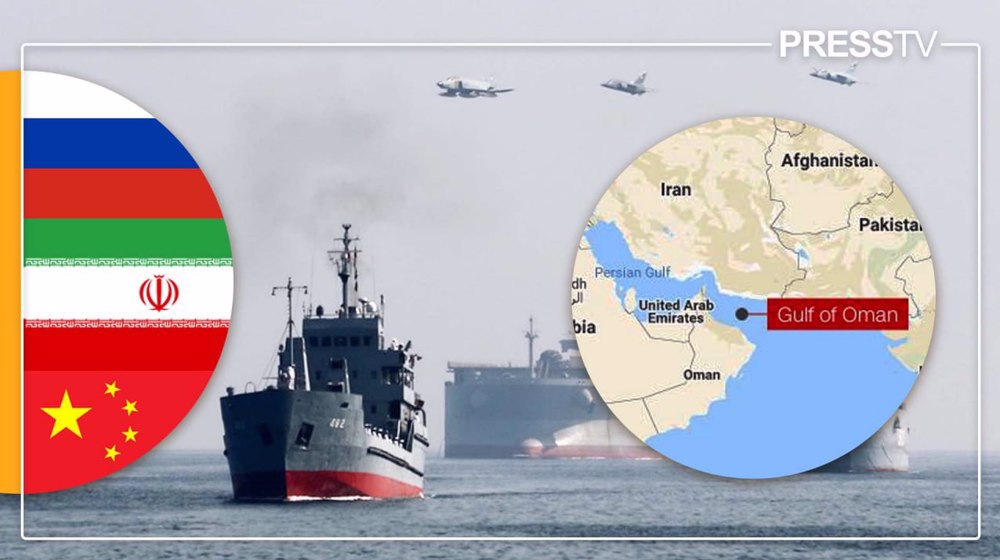
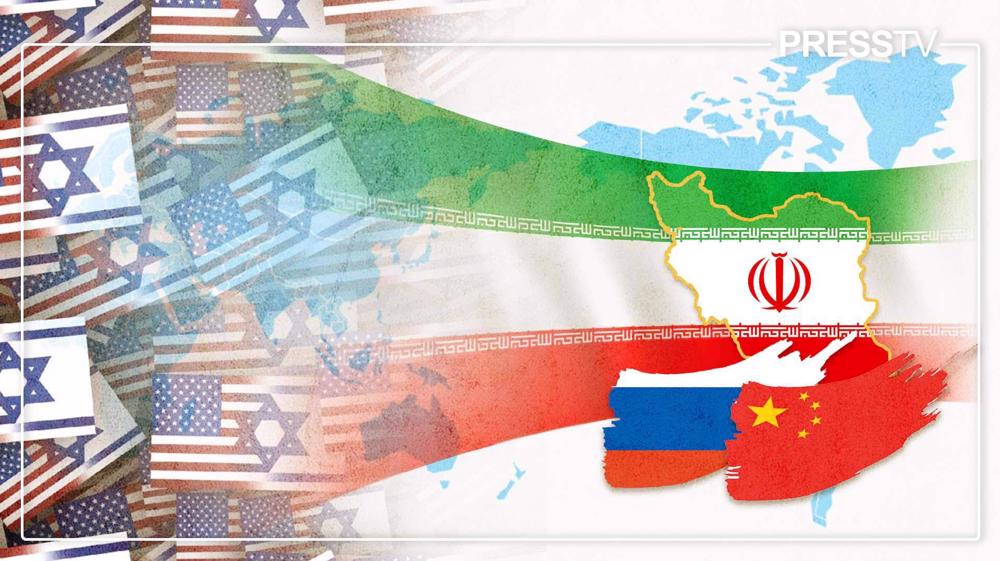
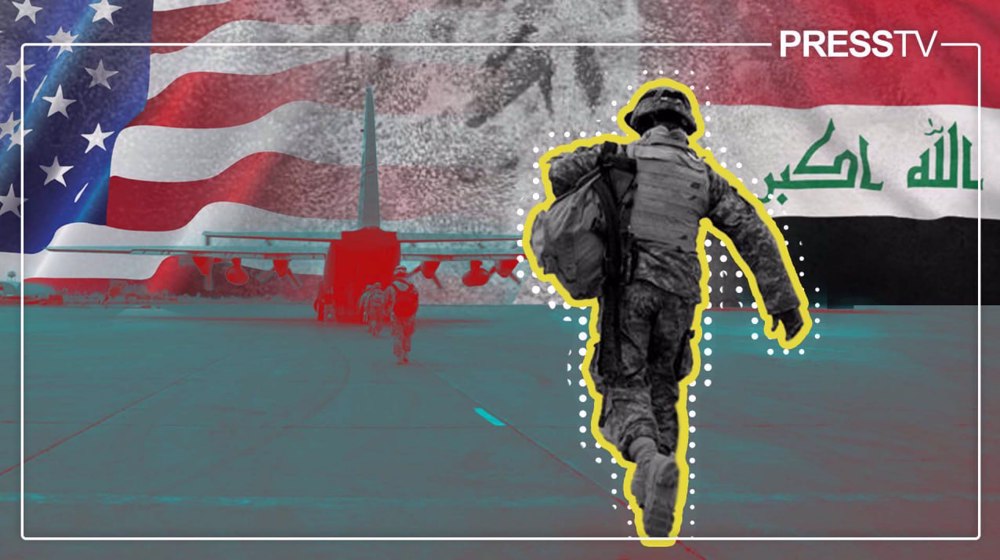
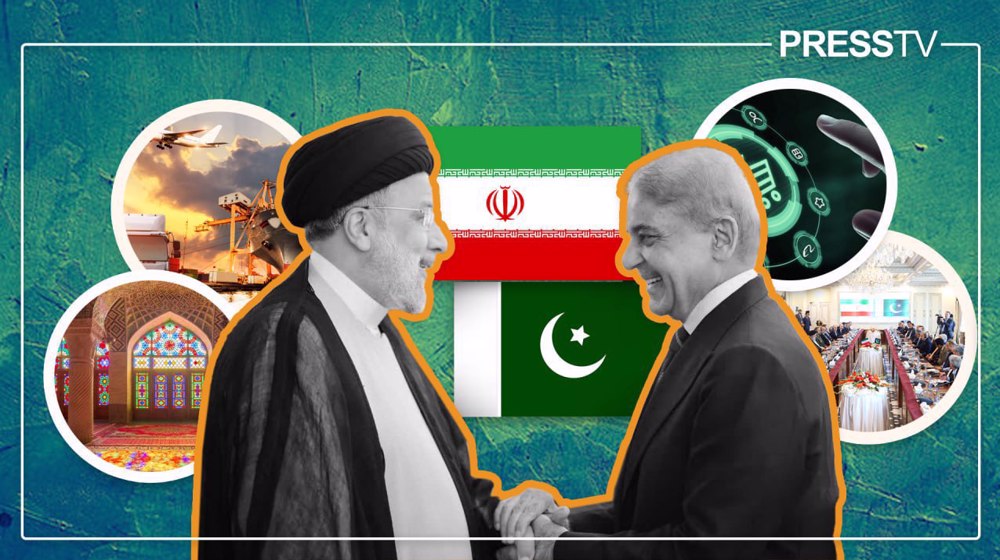

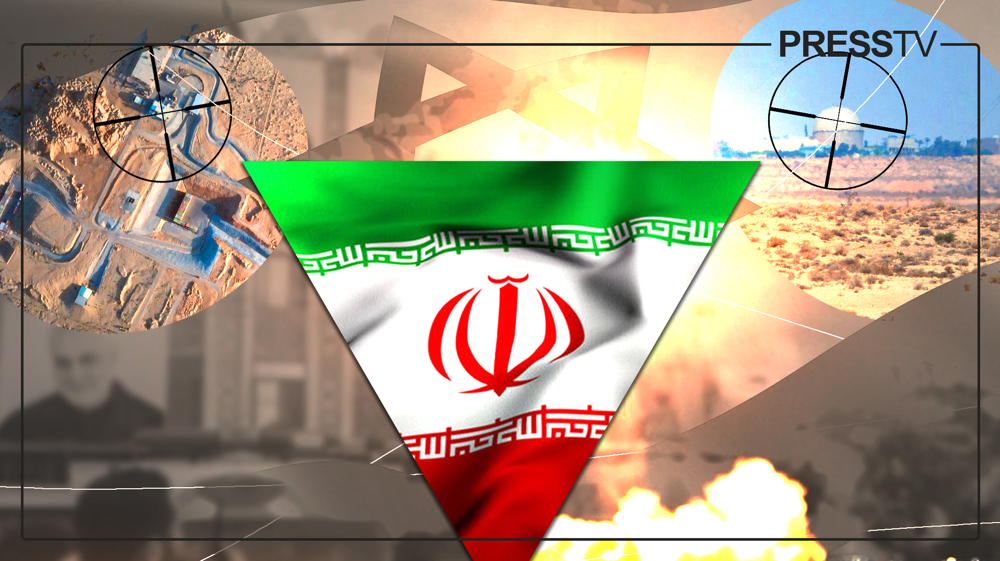



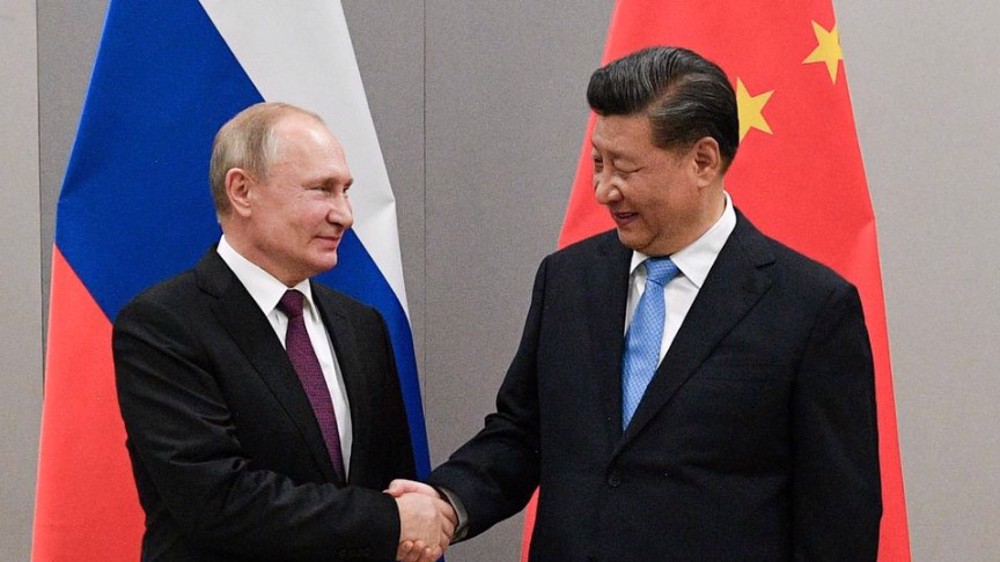
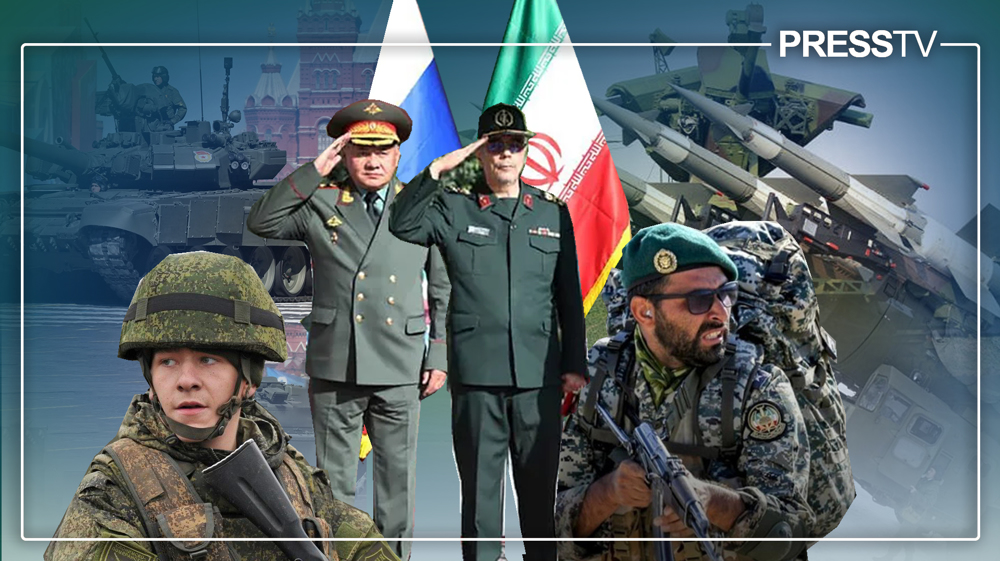
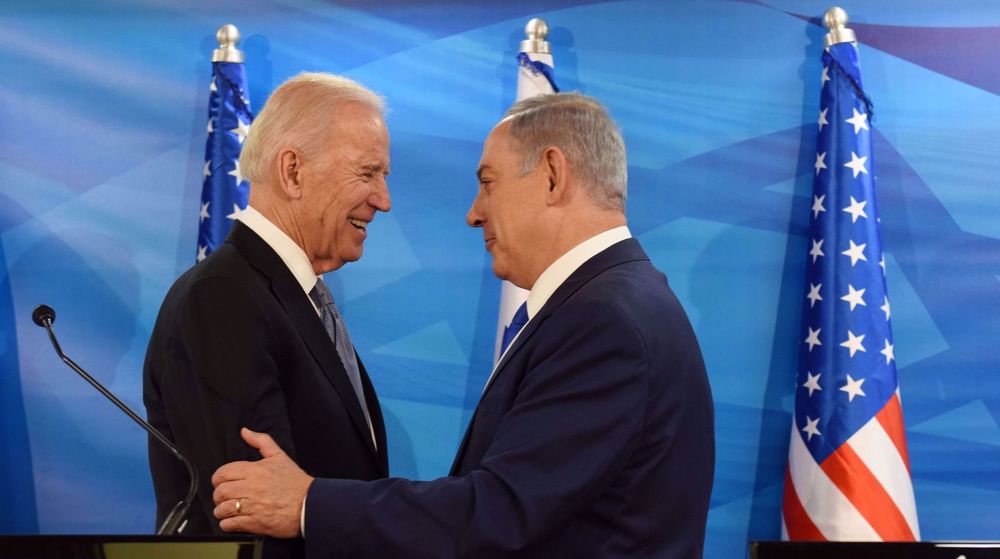


 This makes it easy to access the Press TV website
This makes it easy to access the Press TV website